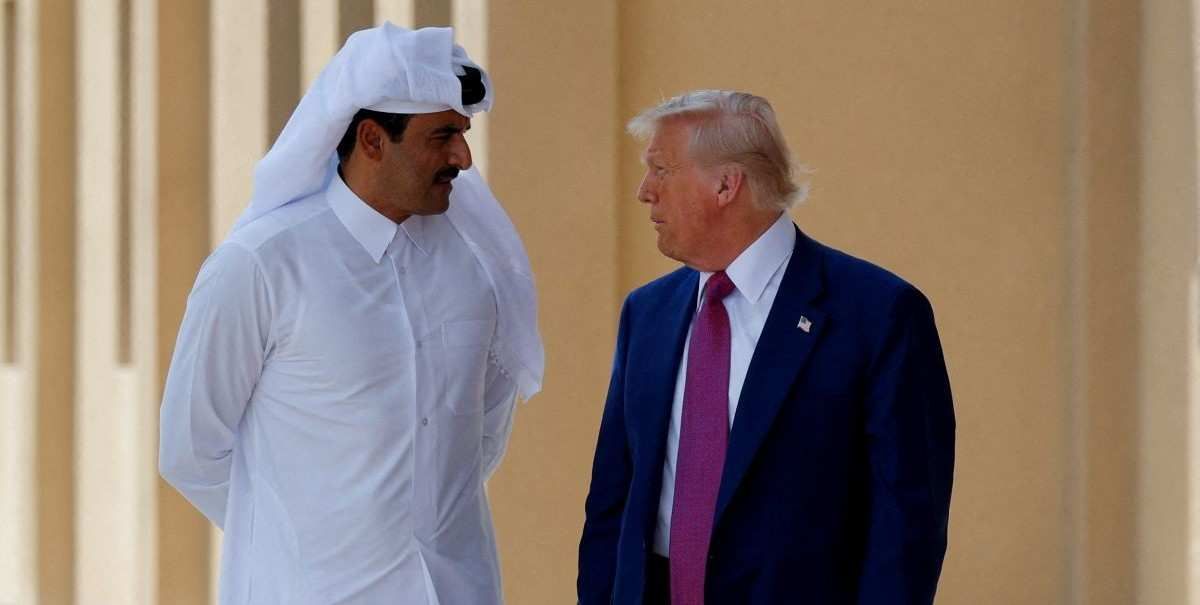Trump signs security guarantee with Qatar
Yesterday, it was made public that Donald Trump signed a NATO-style security pledge with Qatar on Monday, the same day Israeli Prime Minister Benjamin Netanyahu visited the White House. The order upgrades the US’s security obligation to Qatar in the event of a future attack, and is a “compensation” for Israel’s strike last month on Hamas leaders in Doha. While the executive order’s legal weight is questionable, the move is as much about countering Saudi Arabia’s new defense pact with Pakistan as it is about the Israeli strike, underscoring pressure on the US to prove it remains a reliable security guarantor for its Gulf state allies.
Papua New Guinea and Australia to seal defense pact
The cabinet of Papua New Guinea has approved a defense pact with Australia. The move, expected to be approved by both countries’ lawmakers, comes as China broadens its push for influence in the South Pacific. The Solomon Islands, located just east of Papua New Guinea, have been a major focus of Chinese investment and security activity in recent years. (For more see our recent explainer here.) Under the PNG-Australia agreement, the two countries are obligated to come to each other’s defense, but can also maintain alliances with third-parties.
Israel intercepts Gaza aid flotilla
Israeli forces have intercepted 39 boats that were sailing towards the Gaza Strip as part of a flotilla carrying humanitarian aid. Celebrity activist Greta Thunberg was among those arrested, along with several European politicians. Israeli officials indicated one of the boats may still be on its way to Gaza, and would also be stopped if it approaches the war zone.
